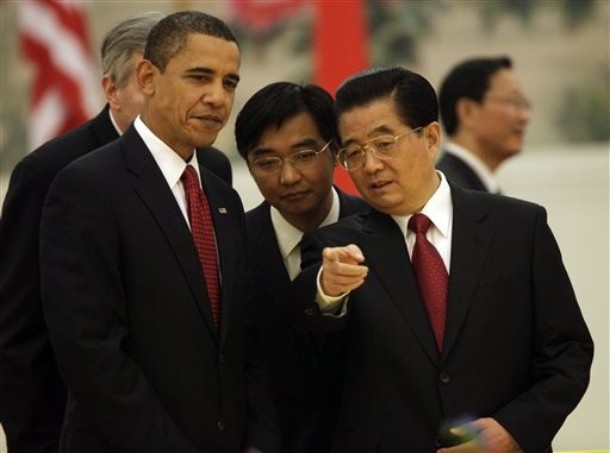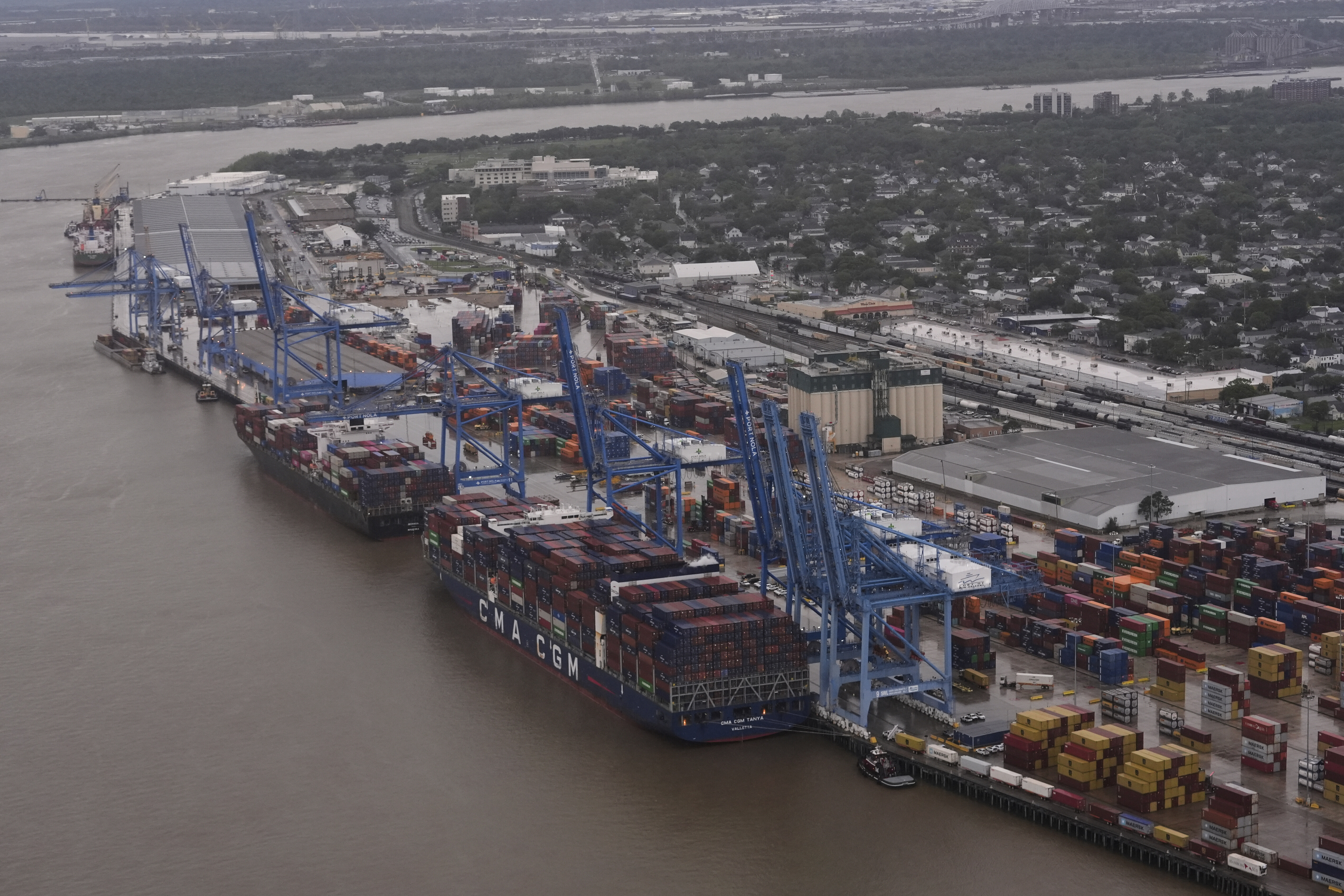
John Pomfret in the Washington Post sounds the alarm on China:
China's government has embraced an increasingly anti-Western tone in recent months and is adopting policies across a wide spectrum that reflect a heightened fear of foreign influence.The shift has accelerated as China has emerged stronger from the global financial meltdown, with a world-beating economic expansion rate and a growing nationalist movement. China has long felt bullied by the West, and its stronger stance is challenging the long-held assumption shared among Western and Chinese businessmen, academics and government officials that a more powerful and prosperous China would be more positively inclined toward Western values and systems.
While the lede sounds ominous, there's nothing in the piece to substantiate that level of alarmism. What's more, in an article purporting to show China rebuffing the West across "a wide spectrum," there's no mention of China's military or Taiwan. That seems like a pretty significant omission.
And I think it shows that U.S. policy, in a perverse way, may have thus far succeeded with China. The U.S-China competition, as noted by the piece, is purely economic. That doesn't mean the competition doesn't carry damaging consequences. The uptick in complaints about currency manipulation suggests it does. But given that some form of competition with a rising China is inevitable, wouldn't it be preferable that it occur along the economic spectrum, and not a showdown over Taiwan or another security-related issue?
Stepping back, two administrations have now premised their engagement with China along the "responsible stakeholder" paradigm. As China developed, we would afford them a greater say in the international system so long as they accepted that system as the basis for world order. But with China failing to tow the Western line on climate change and Iran (and taking a number of other countries, including democratic ones, with them) and evidence emerging that they're gaming the international economic system to their advantage, this position seems less tenable. And while the U.S. still acts as if trading off against a hierarchy of interests flies in the face of all that is good and proper, it may be the future of stable relations with China (and other emerging powers) depends on it.
(AP Photo)











